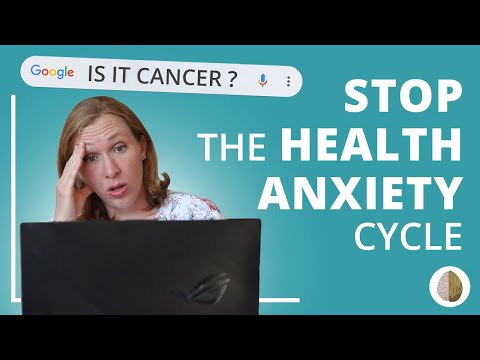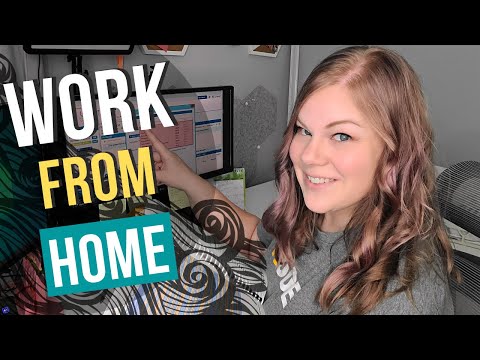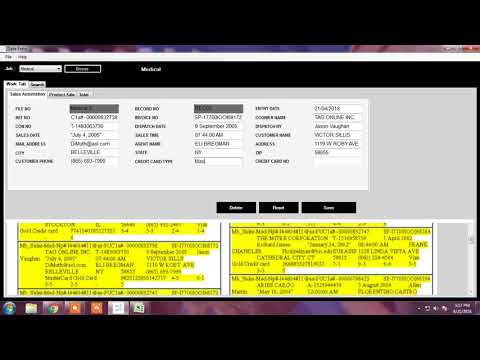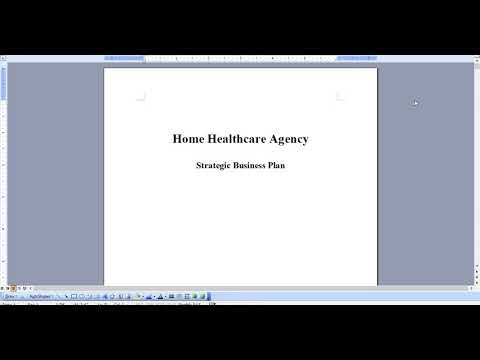How to Calm Health Anxiety: 10 Tips From a Therapist
Contents [show]
Do you find yourself worrying about your health constantly? Here are 10 tips from a therapist on how to calm health anxiety
Checkout this video:
Introduction
Health anxiety is a type of anxiety that revolves around worry and stress about one’s health. It can be accompanied by compulsively checking for symptoms, looking up health information online, or avoiding activities that could potentially trigger worries about one’s health. While it is normal to have some level of concern about our health, health anxiety becomes a problem when it starts to interfere with our everyday lives.
If you are struggling with health anxiety here are 10 tips from a therapist that may help you to calm your anxiety and live a more peaceful life:
1. Check in with yourself regularly throughout the day to see how you are feeling physically and emotionally. If you are feeling particularly anxious, take some time to do some deep breathing exercises or relaxation techniques.
2. Avoid looking up your symptoms online or watching health-related news programs. These can often make your anxiety worse.
3. Challenge your negative thoughts about your health by asking yourself if there is evidence to support these worries. Are your worries realistic? What is the worst that could happen? Would you be able to cope if this happened?
4.Talk to someone you trust about your anxiety and ask for their support in helping you to manage it. This could be a friend, family member, therapist, or doctor.
5. Avoid making major life decisions when you are feeling anxious about your health as this can often lead to regrets later on.
Take some time to think things through calmly before making any decisions.
6. Set aside some time each day to worry about your health so that you are not constantly worrying about it throughout the day. This worry time can be used to write down your worries and then come up with possible solutions for each one. Alternatively, you can use this time to talk through your worries with someone else. After this worry time is over, try not to focus on your health anxieties for the rest of the day and instead focus on enjoying your life.
7 .Focus on taking care of yourself by eating healthy foods, exercising regularly, and getting enough sleep each night. Taking care of yourself physically can help reduce stress and anxiety levels overall . self-care routine will help reduce stress and improve your overall sense of well-being . Consider adding yoga , tai chi , or meditation The physical benefits of these calming activities can help ease fears and improve sleep quality . aim for 7-8 hours per night . exercise releases endorphins , which have mood-boosting effects . endorphins also interact with the brain’s natural painkillers , known as opioids , providing pain relief from conditions such as arthritis . moderate intensity activity for at least 30 minutes most days of the week such as brisk walking , swimming , or biking . Strength training two or three times per week can also help reduce stress levels while improving bone density and muscle mass . healthy diet full of fruits , vegetables , whole grains , and lean proteins important role in reducing inflammation throughout the body , which is linked to chronic diseases such as Heart Disease , cancer , and Alzheimer’s disease . aim for at least 5 servings of fruits and vegetables per day water instead of sugary drinks . cut back on saturated fats from sources such as red meat , butter , and full-fat dairy products . choose healthier unsaturated fats found in olive oil , nuts , seeds , avocados , and salmon . inflammation-fighting omega-3 fatty acids found in fish such as salmon
What is health anxiety?
Health anxiety is when someone becomes overly worried about their health, to the point where it interferes with their daily life. It can be triggered by a specific event, such as a family member getting sick, or it can be more general, such as feeling like you are always worrying about your health.
Health anxiety is different from healthy worry. Healthy worry is when someone has some concerns about their health but they are able to manage them in a way that does not interfere with their daily life. With health anxiety the worry is excessive and it leads to avoidance of activities or people (such as doctors) that might trigger the anxiety. It can also lead to excessive checking of symptoms and compulsive Googling of health information.
If you are struggling with health anxiety, here are 10 tips that may help:
1. Be aware of your triggers. What makes your anxiety worse? Avoiding or physical activity? Being around certain people? Knowing certain things? Once you know your triggers, you can start to develop a plan for how to deal with them.
2. Develop a healthy relationship with online medical resources. It’s important to be informed about your health, but it’s also important to know when to step away from the internet. If you find yourself spending hours researching your symptoms online, it’s time to take a break. Set a limit for yourself on how much time you will spend looking up information and stick to it.
3. Talk to your doctor about your concerns. It’s important to have a good relationship with your doctor so that you feel comfortable discussing your fears and concerns. If you feel like your doctor is not taking your fears seriously, it may be time to find a new doctor that you can trust.
4. Don’t avoid going to the doctor for routine check-ups or screenings just because you are afraid of what they might find. This will only make your anxiety worse in the long run. If you have a specific concern that you would like addressed, bring it up with your doctor at your appointment. They can help put your mind at ease or refer you to someone who can help if necessary.
5.’Challenge’ your thoughts . When you are feeling anxious about your health, take a step back and evaluate what is causing that anxiety.’Are there any facts supporting my fear?’ ‘What is the worst thing that could happen?’ ‘What are the chances of that happening?’ Asking yourself these questions can help put things into perspective and help lessen your anxiety.’
6.’Make time for relaxation .’It’s important to find ways to relax so that you can manage stress and reduce anxiety.’ This might include things like yoga,’meditation,’or deep breathing exercises.’
7.’Eat healthy and exercise .’Taking care of yourself physically can help reduce stress and improve mental health ’ Eating nutritious foods and getting regular exercise will help improve how you feel both physically and mentally.’
8.’Spend time with supportive people .’It’s important to surround yourself with people who make you feel good about yourself and who support you in managing stress and anxiety.’ These could be friends,’family members,’or other loved ones.’
9.’Find an activity that reduces stress .’For some people,’this might be reading,’listening to music,’or spending time in nature.’ Find something that helps YOU relax and stick with it.’
10.’Seek professional help if necessary .’If self-help strategies aren’t enough,’don’t hesitate totalktotherapyor another mental healthcare professional..
The difference between health anxiety and hypochondria
There is a big difference between health anxiety and hypochondria. Health anxiety is when you worry excessively about your health or the health of a loved one. Hypochondria is when you are obsessed with the idea that you are ill, even when there is no medical evidence to support it.
Here are 10 tips from a therapist on how to calm health anxiety:
1. Understand the difference between health anxiety and hypochondria.
2. Don’t try to catastrophize your thoughts.
3. Don’t give in to compulsions.
4. challenge your thinking with evidence.
5. get rid of “what if” thinking.
6.”I’m not dying” Power Phrase
7.”I don’t know everything” Power Phrase
8 Let go of the need to control
9 Accept uncertainty
10 Seek professional help
10 tips to calm health anxiety
1. Understand your triggers.
2. Develop a healthy coping mechanisms.
3. Avoid making assumptions about your health.
4. Get regular checkups and screenings.
5. Educate yourself about your health conditions
6. Stay connected to loved ones.
7. Seek professional help if needed.
8. Don’t dwell on worst case scenarios.
9. Live a healthy lifestyle .
10 .Be mindful of your thoughts and emotions .
Conclusion
If you’re struggling with health anxiety, it’s important to remember that you’re not alone. Millions of people around the world suffer from this condition. But there is hope. With the right help, you can learn how to manage your anxiety and live a healthy, happy life.







